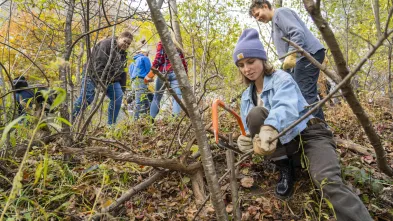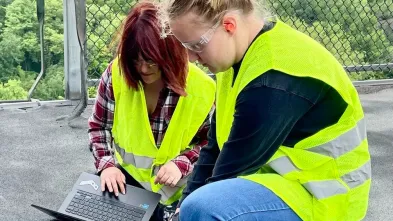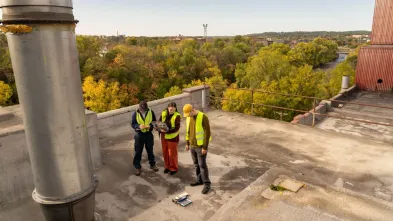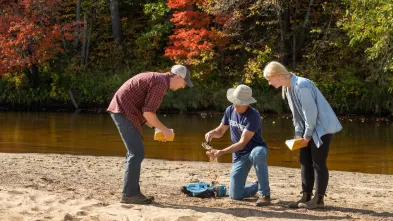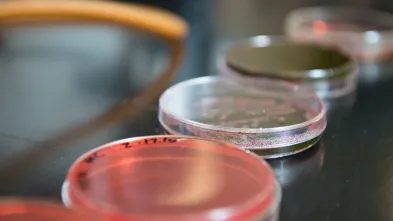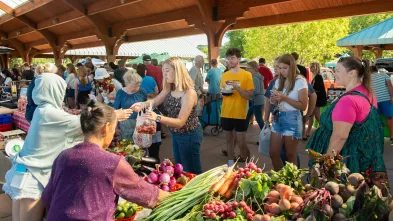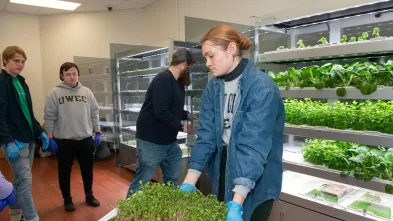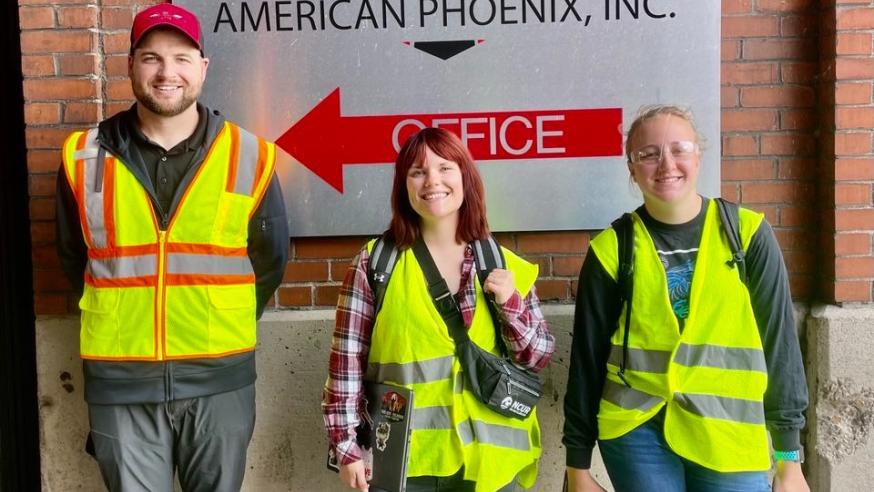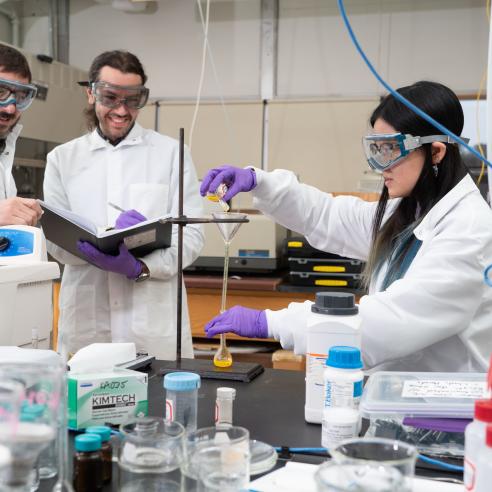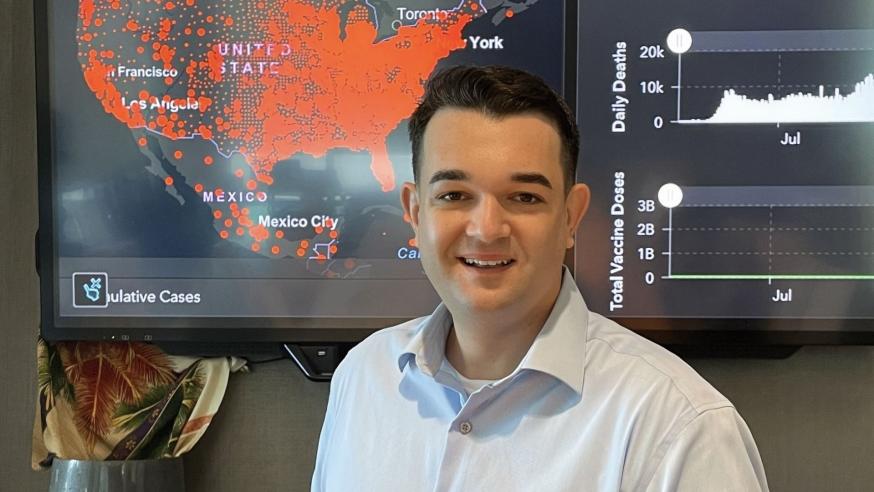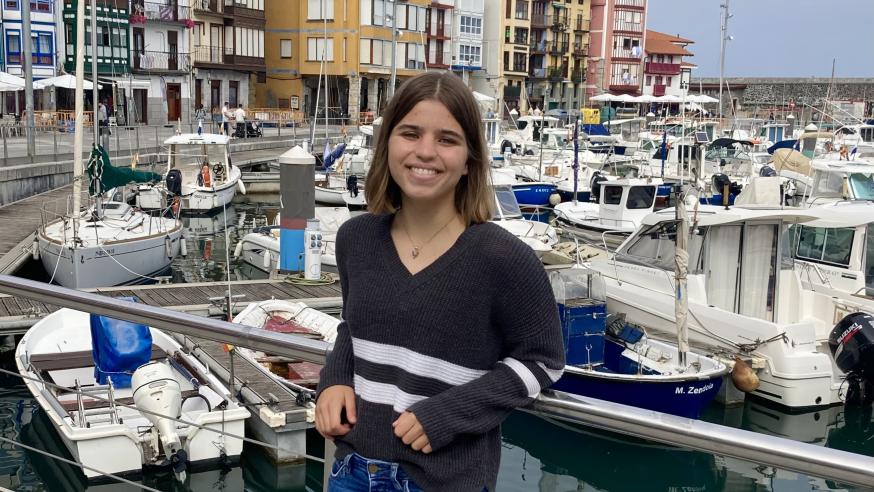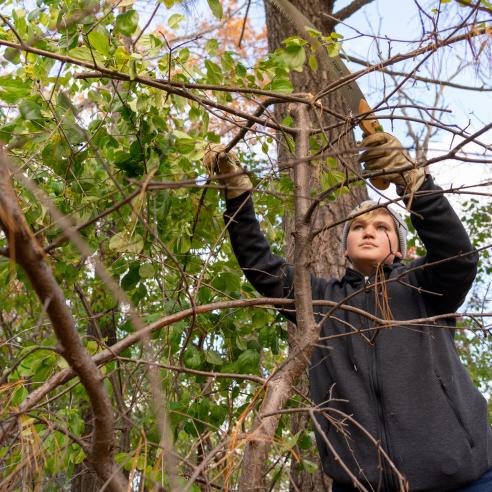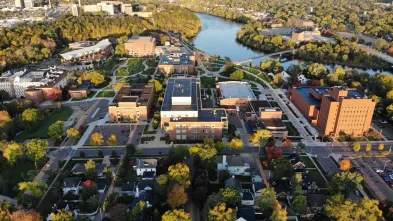Public Health and Environmental Studies Department
Make a Positive Impact
The need for graduates in the fields of public and environmental health, and with sustainability training has never been greater. Our academic programs provide students with dynamic experiences that go beyond the classroom. Our students and faculty make positive impacts in the environment, human health, and sustainability through collaborations with community partnerships and original research. Our Blugolds gain valuable real-world experience even before graduation.
Academic Programs in Public Health and Environmental Studies
Choosing a program in public health and environmental studies empowers you to actively engage with critical issues affecting our communities here and around the world. Your newfound knowledge and skills equip you to drive transformative change, making a lasting impact on human and ecological well-being throughout your college experience and professional journey.
Meet the Faculty
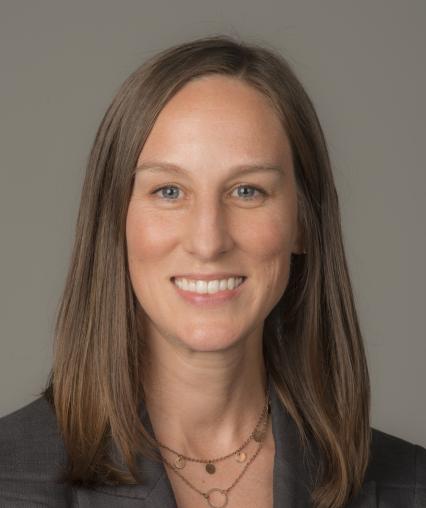
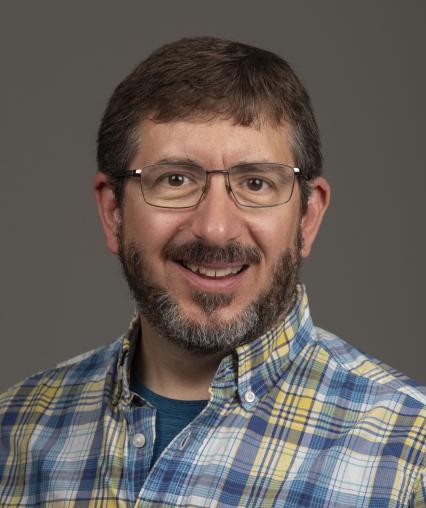
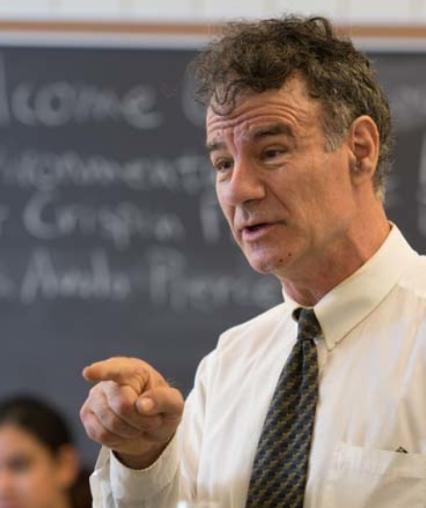
Justthe
facts
Blugold Stories
Public Health and Environmental Studies Department
Hibbard Humanities Hall 384
124 Garfield Avenue
Eau Claire, WI 54701
United States
